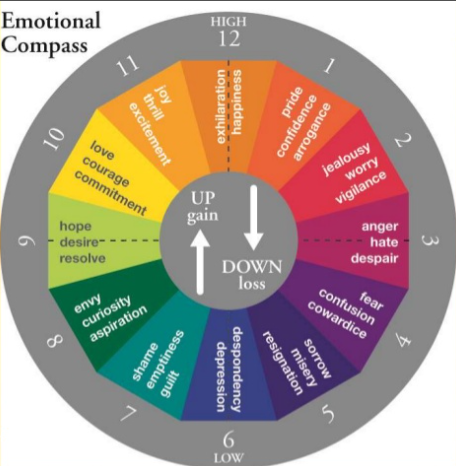
So after the Referendum we appear to be in a state of turmoil – living with a public decision that was unexpected. We didn’t expect the reactions, regrets, backlash – It feels like there was no plan B in place and we’re just reeling with the punches trying to accept that the unexpected is real.
It’s now all about the Plan B.
Why is it that we are so often unhinged by the unexpected? I know I’ve been guilty in the past of thinking that ‘things’ happen to other people. It’s taken my middle years to realise that in fact ‘things’ happen to you and people you know – good things, bad things, unexpected things. Things don’t always go as planned, life, jobs, politics, diets, exams, relationships, death, life.
I also know that clouds don’t always have silver linings and that we don’t always learn from our mistakes and every set back is not a journey to self discovery. Sometimes life is just difficult, untenable at times and plan sailing at others. We do sometimes regret the things we didn’t do, but we also sometimes regret the things we did. It’s life Jim – but not as we know it – or often want it to be.
I don’t think that’s being pessimistic and it’s not dreading what’s around the corner, it’s being realistic. I came across this emotional compass circle during a short course on existential theory in counselling by the rather wonderful Emmy Van Deurzen.

The idea that each emotion has an opposite and throughout the course of our lives we go around and around this circle of emotions. We all hope to remain in happiness at the top forever, but that’s not real and we are constantly working our way around at different times and different speeds, going between emotions in the space of minutes, days or sometimes being stuck in one part for years. This is completely natural, we can’t have one feeling without the other.
We can prepare for our plan B (and C, D …) by recognising the importance of coping, of resilience and understanding . I’m a big fan of resilience. Some people have it in truck loads, some of us need to hone our resilience and some of us need to learn it from scratch. It’s not a natural characteristic – we are so often hidden from bad news or taught to expect the best and not be negative – ‘think positive and all will be well!’ But thinking positive isn’t always helpful, if life is shit then we have to cope, survive and be in the moment, not try and dismiss our feelings or turn them into something else.
Living with adversity and building resilience should be on the core curriculum. It’s not just about our own individual coping mechanisms but also about recognising when we need to ask for the support of friends, family or professionals – resilience is a family and community essential too – often better together.
